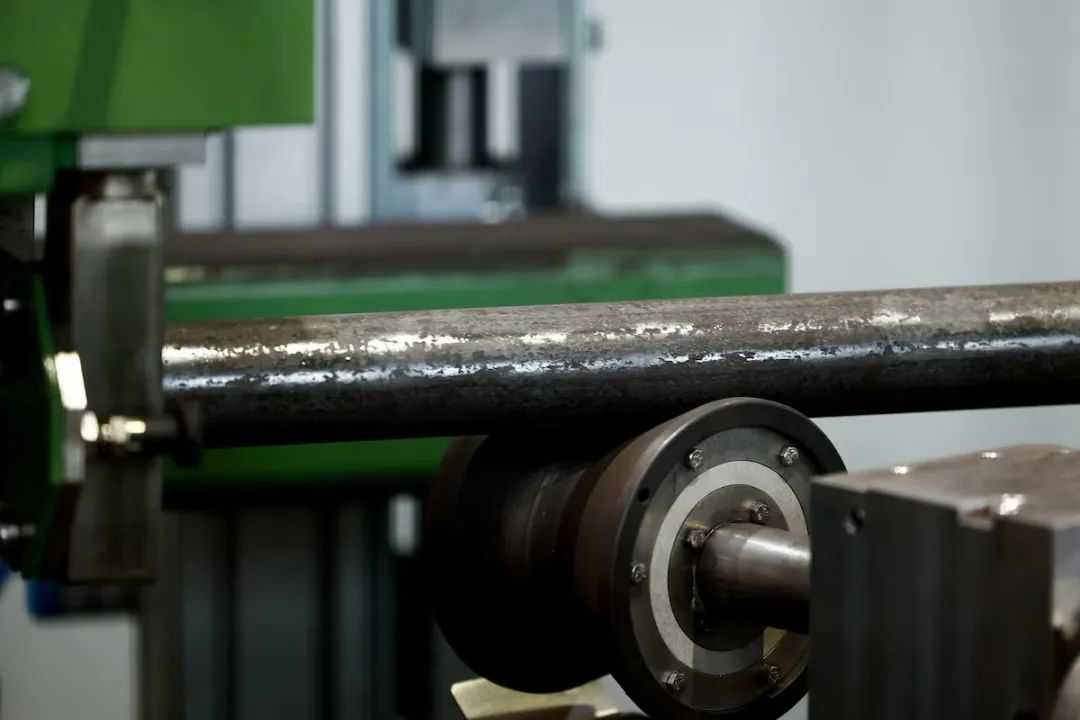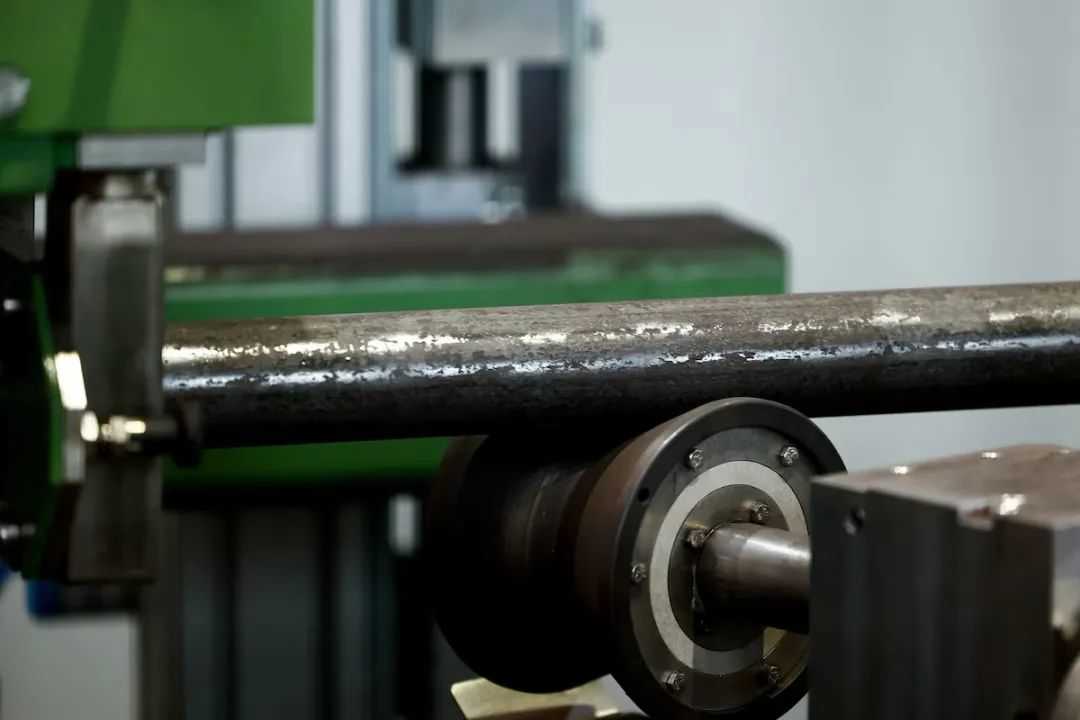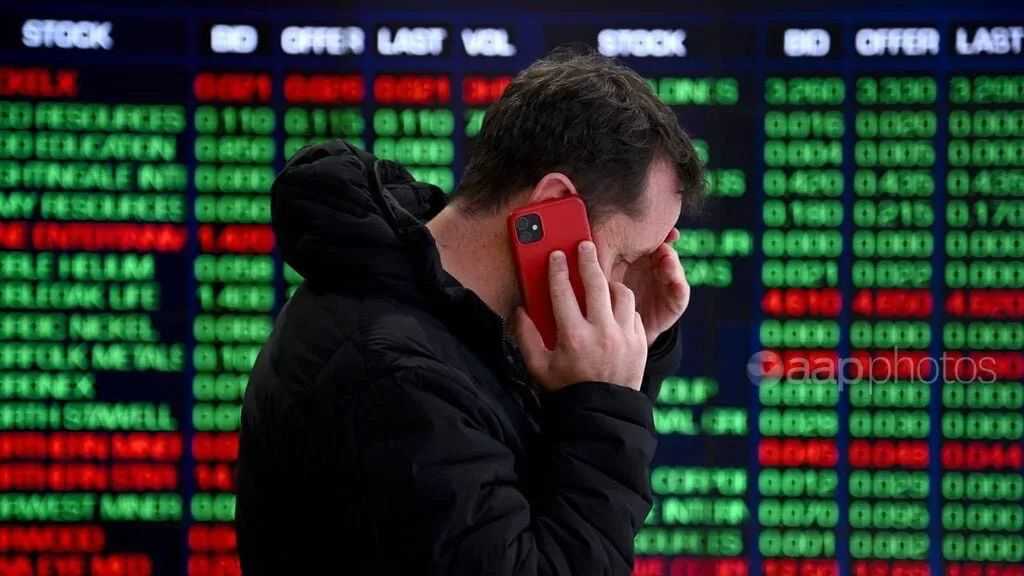German Industrial Orders Drop More Than Expected, Clouding Euro Zone Recovery
Germany’s industrial orders fell unexpectedly by 1.4% month-on-month in May, far exceeding the market’s projected 0.1% decline and ending a three-month recovery streak. Weak domestic demand emerged as the primary drag: domestic orders plummeted 7.8%, with the computer and electronics sector crashing 17.7%, while electrical equipment and basic metals industries also contracted.

Source: Images from the Internet, if there is any infringement, please contact the removal of
Demand within the euro zone remained sluggish, with intra-regional orders dropping 6.5%. Though non-euro zone orders rose 9.0% to cushion the blow, economists warned a strong euro could erode export competitiveness.
The decline exposed deeper troubles in German industry. Excluding volatile large-scale orders, the actual drop widened to 3.1%, while cumulative growth over March–May stood at just 2.1%—Pantheon Macroeconomics noted this meant the late-Q1 production surge was fully reversed in the first two months of Q2.
Notably, April’s data was sharply revised upward: order growth was upgraded from an initial 0.6% to 1.6%, driven by delayed reporting of auto sector orders, highlighting the severity of May’s slump.
Commerzbank acknowledged that even if June data rebounds on improved business confidence, the industrial recovery will remain "rather subdued" with no strong rebound in sight. To stimulate growth, the German government recently approved tax breaks and accelerated depreciation rules, aiming to reverse two years of contraction. However, Hamburg Commercial Bank cautioned policy effects will take time to materialize, and the euro zone’s largest economy’s weakness has heightened uncertainty over Europe’s broader recovery.
The future stabilization of industry will hinge on the interplay between domestic tax reform effectiveness and external demand strength.









